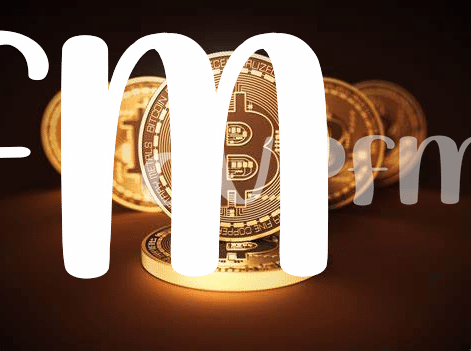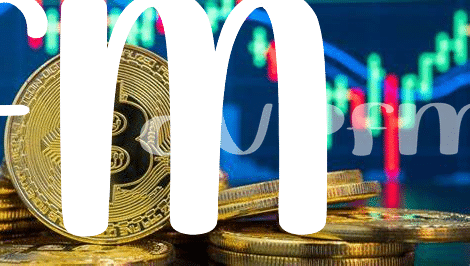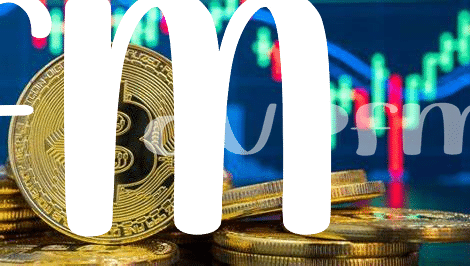What Is Inflation and Why It Matters? 💸

Imagine going to your favorite store with a $10 bill, confident that you can buy your usual stash of goodies, only to find out prices have shot up and your $10 can barely buy half of what it used to. This frustrating experience is a classic example of inflation in action. Simply put, inflation means that over time, the general level of prices for goods and services rises, and consequently, the purchasing power of currency falls. It’s like watching your money shrink, without actually seeing any physical changes to it. Inflation matters because it affects everything – from the cost of your morning coffee to how much you’ll need for retirement. It’s a silent but constant challenge to buying power, making it crucial for everyone to understand and prepare for.
| Year | Purchasing Power of $100 |
|---|---|
| 2020 | $100 |
| 2025 (Projected) | $95 |
| 2030 (Projected) | $90 |
Inflation isn’t just a number game; it’s a real-world issue that hits home for everyone. From a retiree budgeting for groceries to a young couple saving for a home, the ripple effects of rising prices influence decisions and lifestyles. Central banks play guardians, aiming to keep this in check, but there’s always an underlying quest for assets that can hedge against this inexorable rise. Cue Bitcoin, stepping into the spotlight with a promise to be a digital shield against these waves of inflation, charting a course through uncharted financial waters.
Central Banks 101: the Guardians of Currency 🏦
Imagine a world where your money keeps its value, no matter what. That’s the dream, right? Well, enter central banks, essentially the big bosses of money in any country. They’re like superheroes whose main power is keeping the value of money stable. How do they do it? By controlling how much money is floating around and making sure banks are on their best behavior. Think of them as the referees in a soccer game, making sure everyone plays by the rules to keep the game fair. But instead of soccer, they’re dealing with the economy, trying to prevent that sneaky villain called inflation from stealing your money’s value. It’s a tough job, but somebody’s got to do it. And just like in any good story, their actions have big impacts, sometimes making them the unsung heroes behind a stable and healthy economy.
Bitcoin Explained: Digital Gold or Hype? 🌐

Imagine stumbling upon a treasure chest in the digital world, where instead of gold, you find shiny, virtual coins. That’s a bit like discovering Bitcoin – a kind of money that lives online and isn’t controlled by any government or bank. Think of it as digital gold, a valuable resource that you can’t touch but can trade, save, or spend. Created by a mysterious figure (or group of folks), it’s sparked a global debate: Is it a game-changing innovation or just a massive bubble waiting to burst? Unlike traditional money, which can lose its buying power when governments print too much of it, Bitcoin’s secret sauce lies in its limited supply. Imagine if there were only 21 million chocolate bars in the world, and everyone wanted one – those chocolates would become pretty valuable, right? That’s the principle behind Bitcoin’s potential to maintain or increase its value over time, despite the rollercoaster of ups and downs in its price. So, as we peel away the layers, we find ourselves facing this pivotal question: Is Bitcoin the future of money or a high-stakes digital gamble? 🌐💰🔍
Unlikely Allies: Bitcoin and Central Banks 🤝

It might sound like a plot twist in a finance thriller, but here’s the thing: Bitcoin and central banks, despite their fundamental differences, could surprisingly complement each other. Think of central banks as the old guardians of currency stability. They’re like financial superheroes, tasked with keeping the value of money steady. Now, enter Bitcoin – the rebel of the financial world, with its revolutionary technology and a decentralization ethos that challenges traditional banking at its core. Yet, in the shadows of economic instability, these two could play for the same team. With inflation gnawing away at the value of traditional cash, Bitcoin, with its fixed supply, starts to look less like a foe and more like an unlikely ally. It provides a digital alternative for those looking to safeguard their wealth from the erosive effects of inflation, something central banks tirelessly fight against.
However, embracing Bitcoin is not without its hurdles. Security concerns loom large, with digital thefts and fraud highlighting the vulnerabilities in cryptocurrency. For newcomers and seasoned investors alike, navigating this terrain requires solid know-how to prevent potential headaches. Fortunately, there are resources available that shed light on securing digital assets effectively. For a deeper dive into keeping your Bitcoin safe from emerging threats, considering the rapid advances in technology, check out preventing bitcoin cybercrime: tips and tools regulatory outlook. This synergy between Bitcoin and central banks harnesses the strengths of both worlds, offering a buffer against inflation while actively working to minimize risks, making this unlikely pairing a scenario worth watching.
Risks and Rewards: Investing in Bitcoin 📈
Investing in Bitcoin is a bit like hopping onto a rollercoaster – you know there will be highs and lows, but that’s part of the thrill. On the bright side, Bitcoin has showcased some impressive climbs, making early investors smile from ear to ear. It’s decentralized, meaning it’s not tied to any one country’s financial system, which could be good news when traditional money loses its buying power due to inflation. Plus, there’s a cap on how many Bitcoins can exist, which adds to its allure as “digital gold.”
However, it’s important to remember that where there’s potential for reward, risk follows closely behind. Bitcoin’s value can swing wildly from one day to the next, which might make your heart race if you’re not prepared. And while it’s gaining acceptance, it’s still not as widely accepted for transactions as traditional currency. So, investing in Bitcoin could lead to impressive gains, but it’s wise to proceed with caution and consider it a part of a diversified investment strategy.
| Rewards | Risks |
|---|---|
| Potential for high returns | High volatility |
| Hedge against inflation | Limited acceptance for transactions |
| Decentralized nature | Possible regulatory changes |
Future Predictions: Bitcoin Vs. Traditional Money 🔮

Peering into the crystal ball, the tussle between the timeless allure of traditional money and the digital charm of Bitcoin is poised to take some intriguing turns. As we navigate through the ever-evolving financial landscape, the question isn’t just about whether Bitcoin will overshadow traditional money, but how the coexistence of these two forms of currency could reshape our economic paradigms. Bitcoin, with its decentralized nature, offers a level of freedom and innovation that is hard to match, yet it dances on the edges of volatility and regulatory challenges. Traditional money, backed by centuries of trust and a regulatory framework, ensures stability but is often criticized for its inflexibility and susceptibility to inflation. As we move forward, keeping an eye on global trends is crucial for understanding this dynamic. For those interested in diving deeper, the preparing bitcoin for quantum computing threats regulatory outlook offers a detailed look into how upcoming regulations could shape the path of Bitcoin adoption and its readiness against sophisticated threats. The coming years promise to be a fascinating chapter in the story of money, potentially redefining value, security, and sovereignty in the digital age.
